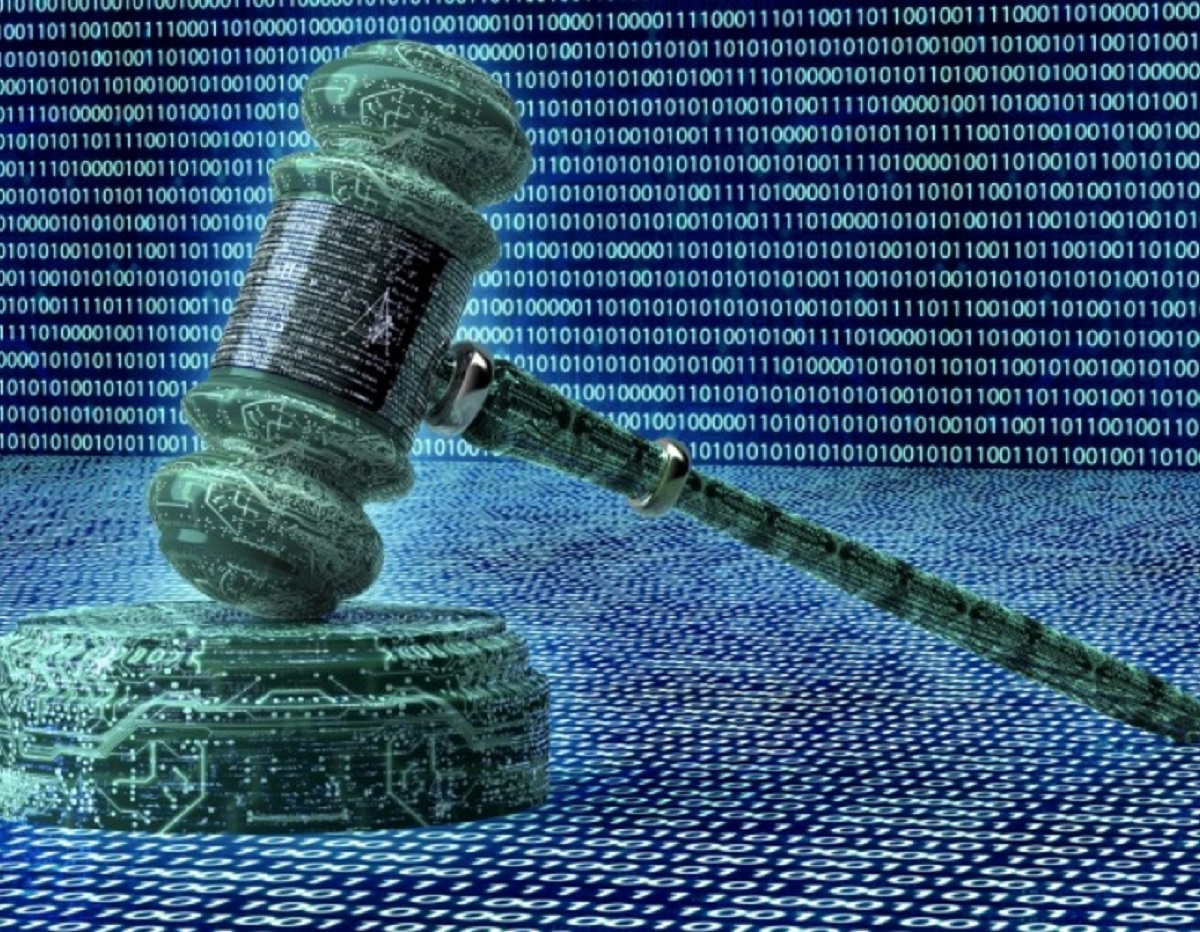X, formerly known as Twitter, has recently filed a lawsuit against a new California law, AB 587, claiming that it violates the company’s Constitutional right to free speech. The law, signed by Governor Gavin Newsom last year, requires social media platforms to publicly disclose their moderation practices regarding hate speech, racism, extremism, disinformation, harassment, and foreign political interference. X argues that this law goes beyond transparency and instead pressures social media companies to restrict constitutionally-protected content on their platforms.
Key Takeaway
X, formerly Twitter, has filed a lawsuit claiming that California’s new transparency law, AB 587, violates their Constitutional right to free speech. The law requires social media platforms to disclose their moderation practices, which X argues goes beyond transparency and pressures companies to restrict constitutionally-protected content. The outcome of this lawsuit will have implications for the government’s involvement in regulating private platforms and freedom of speech on the internet.
Background: California’s Heavy Involvement in Tech Regulation
California has positioned itself on the heavier end of the government involvement spectrum when it comes to regulating tech companies. This is partly due to the state’s progressive nature and its role as a hub for many tech giants. The passing of AB 587 is in line with California’s efforts to protect consumer rights and promote transparency in the tech industry, as seen with its privacy bill.
X’s Stance: A Challenge to Unconstitutional Government Overreach
X, led by Elon Musk who describes himself as a “free speech absolutist,” has not only reduced its teams dedicated to addressing hate speech and disinformation but also finds itself at odds with AB 587. The company argues that the law infringes on its right to express itself and independently determine its moderation practices. The lawsuit claims that AB 587 is a form of compelled speech, compelling X to adopt the state’s politically-charged terms and take public positions on controversial issues it does not wish to speak about.
Legal Implications and Ongoing Debate
The lawsuit raises an important question regarding the extent to which the government can regulate the speech and moderation practices of private corporations. While X/Twitter’s attorneys argue for editorial independence and protection of their speech rights, there are also legal distinctions between platforms that editorialize (like newspapers) and those that do not (like broadband providers). The outcome of this lawsuit will contribute to the ongoing conversation about the appropriate balance between freedom of speech and regulation in the digital realm.
























